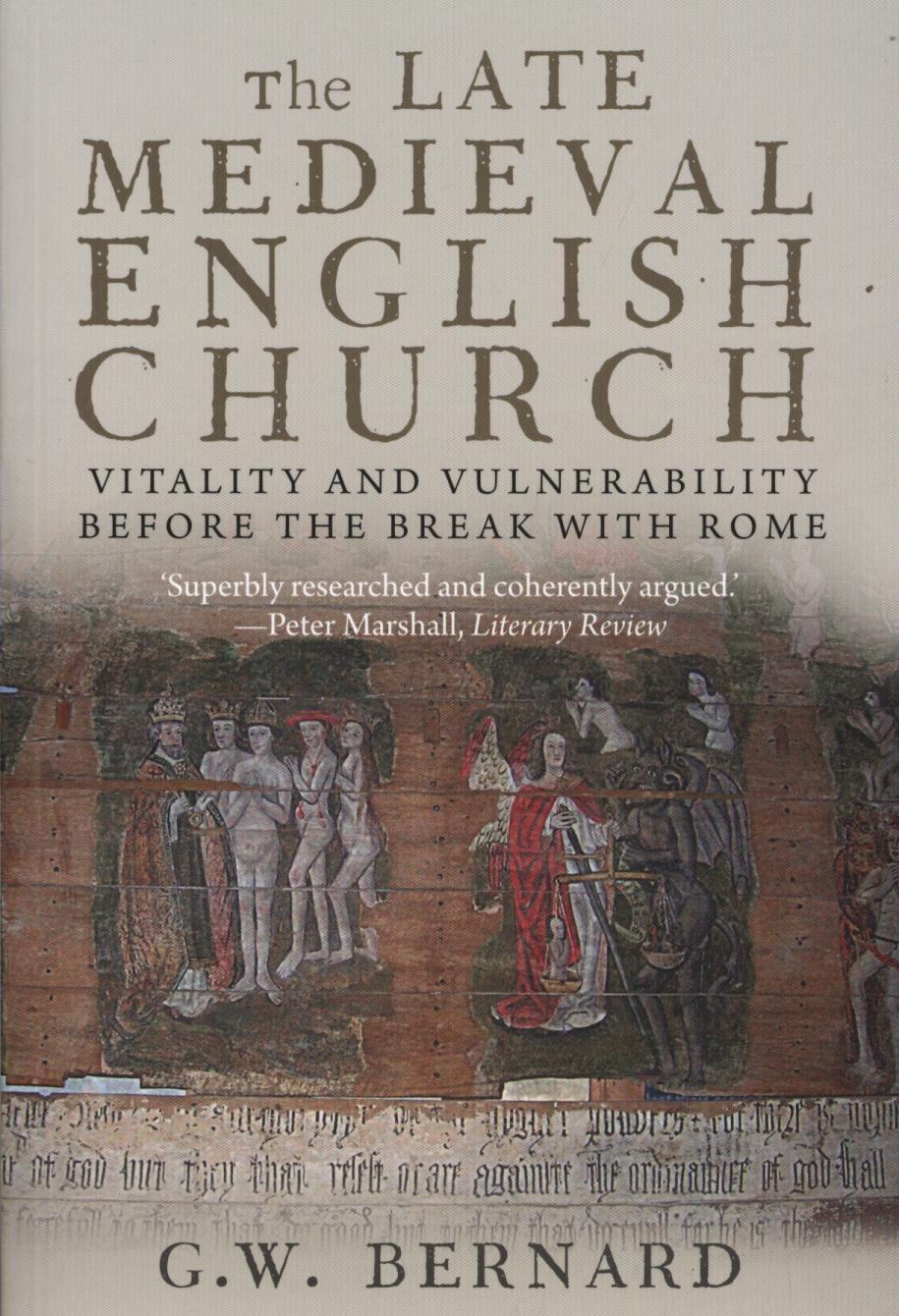Late Medieval English Church

Late Medieval English Church
Bernard emphasizes royal control over the church. He examines the challenges facing bishops and clergy, and assesses the depth of lay knowledge and understanding of the teachings of the church, highlighting the practice of pilgrimage. He reconsiders anti-clerical sentiment and the extent and significance of heresy. He shows that the Reformation was not inevitable: the late medieval church was much too full of vitality. But Bernard also argues that alongside that vitality, and often closely linked to it, were vulnerabilities that made the break with Rome and the dissolution of the monasteries possible. The result is a thought-provoking study of a church and society in transformation.
PRP: 125.16 Lei
Acesta este Prețul Recomandat de Producător. Prețul de vânzare al produsului este afișat mai jos.
112.64Lei
112.64Lei
125.16 LeiLivrare in 2-4 saptamani
Descrierea produsului
Bernard emphasizes royal control over the church. He examines the challenges facing bishops and clergy, and assesses the depth of lay knowledge and understanding of the teachings of the church, highlighting the practice of pilgrimage. He reconsiders anti-clerical sentiment and the extent and significance of heresy. He shows that the Reformation was not inevitable: the late medieval church was much too full of vitality. But Bernard also argues that alongside that vitality, and often closely linked to it, were vulnerabilities that made the break with Rome and the dissolution of the monasteries possible. The result is a thought-provoking study of a church and society in transformation.
Detaliile produsului











